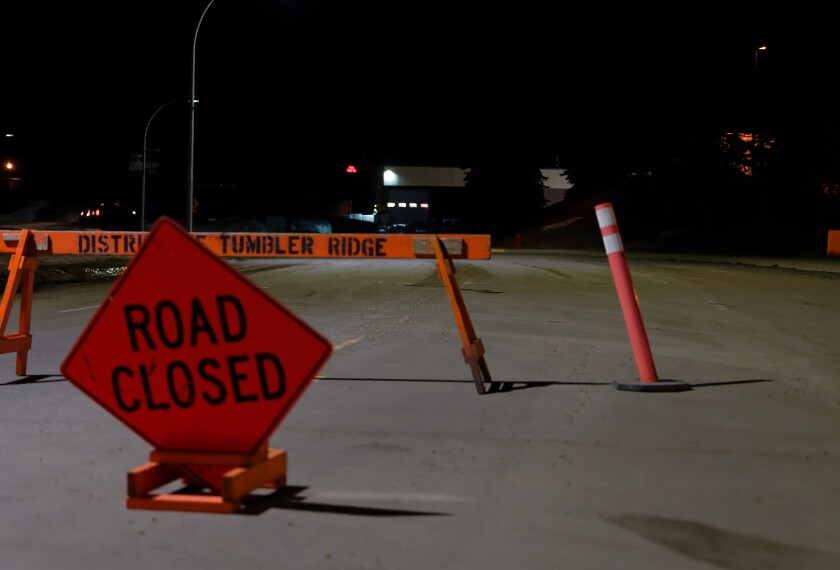Includes updates and/or revisions.
The chaos caused by the terrorist bombings in the heart of London on July 7 prompted some schools in the area to close for the rest of the week, while others chose to stay open in a bid to avoid further disruption.
Ian Comfort, the chief education officer for the City of London school district, which includes eight schools and about 5,000 students in central London, said in an interview with Education Week that all but one of his schools remained open the day of the terrorist strike, which killed more than 50 and injured hundreds at railway stations and on buses.
A roundup of news from the U.K. on how schools have been affected by the recent terrorist attacks in London.
“Message to all London Schools” from the U.K.'s Department for Education and Skills.
“Schools Closed Following Blasts” from BBC‘s Education news.
“Schools to Close Friday” from the U.K. Guardian‘s Education section.
However, he said one primary school in his system—located about 100 yards from the Ald Gate East railway station, where the first bomb exploded while school was in session—was evacuated Thursday. The 250 students there walked to other primary schools in the area under the supervision of police and their teachers. The children’s parents were notified that they were transferred to the other schools.
After they arrived at the other schools, their teachers continued with their lessons, according to Mr. Comfort.
“By closing schools, we’d have to call parents out [of work],” Mr. Comfort said, noting that more than 300,000 adults enter central London each day to work. “What we’d be doing [by releasing students] is driving up the level of chaos. By keeping students in the building, they are safer.”
Kelly Bradshaw, a spokeswoman for the London Borough of Camden school district, which includes 55 schools, said officials there were advising schools to close on Friday, July 8.
She said movement around the borough was “very limited” on the day of the attacks. On that day, school officials were being advised to keep students on school sites until the end of the school day.
‘Soft Targets’
Mr. Comfort pointed out that London has experience dealing with terrorist activity because of the Irish Republican Army bombings of the 1980s.
Since then, school emergency plans have always accounted for the possibility that schools could be terrorist targets. “We need to take terrorist attacks alongside other types of school violence,” he said.
Most schools in London have gates surrounding their buildings, and closed-circuit television cameras on the gates that monitor people coming and going, Mr. Comfort said. Some schools have metal detectors and security officers on campus, but he pointed out that those measures are primarily put in place to deal with student violence, not potential terrorist attacks.
By contrast, schools in the United States are more leery than schools in England of discussing the possibility of a terrorist attack on schools, suggested Kenneth S. Trump, the president of the Cleveland-based National School Safety and Security Services, a school security consulting firm.
“We need to recognize that schools are soft targets,” Mr. Trump said. “Whether directly or indirectly affected by terrorism, terrorism is one of the many potential emergency situations that a school may face.”




